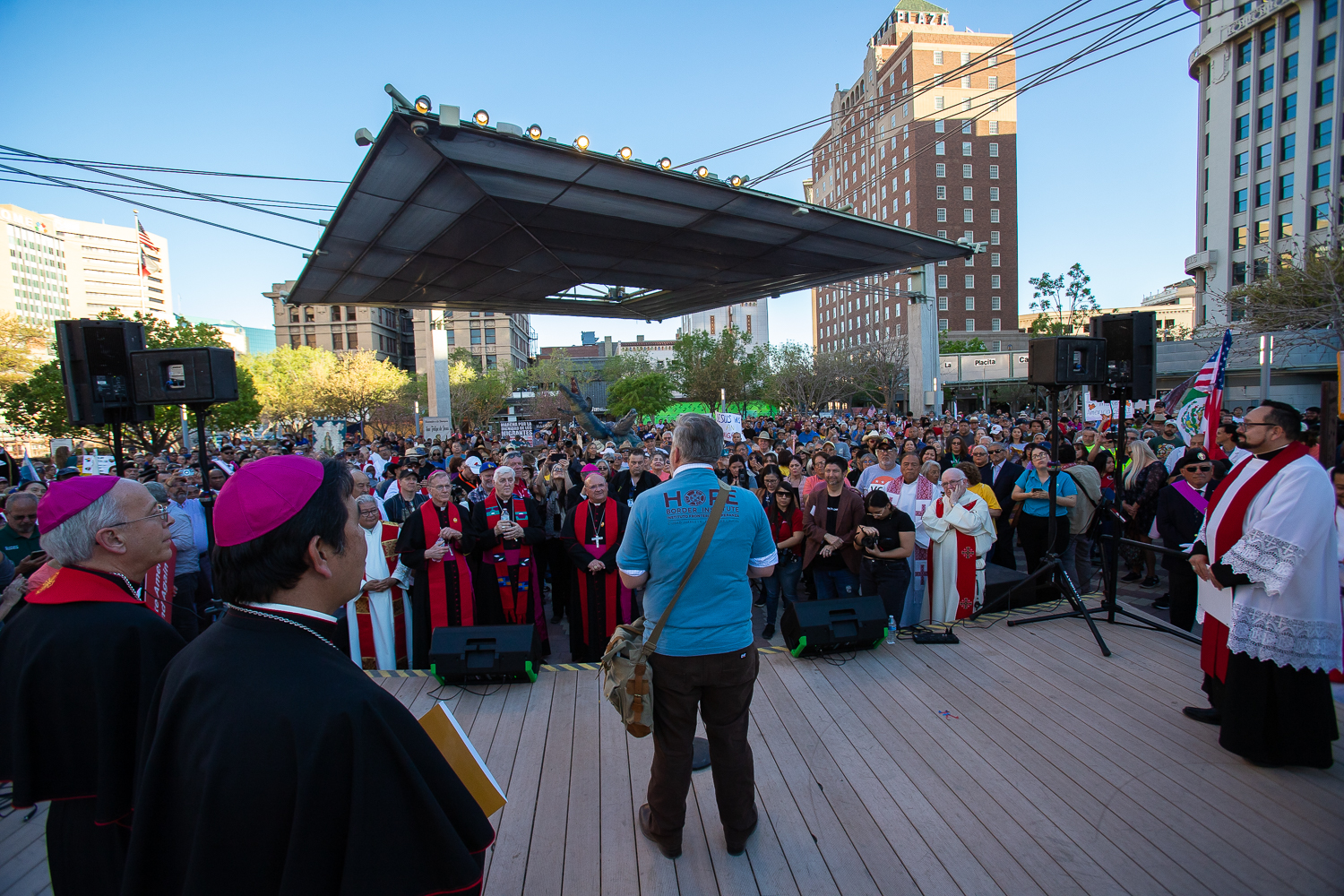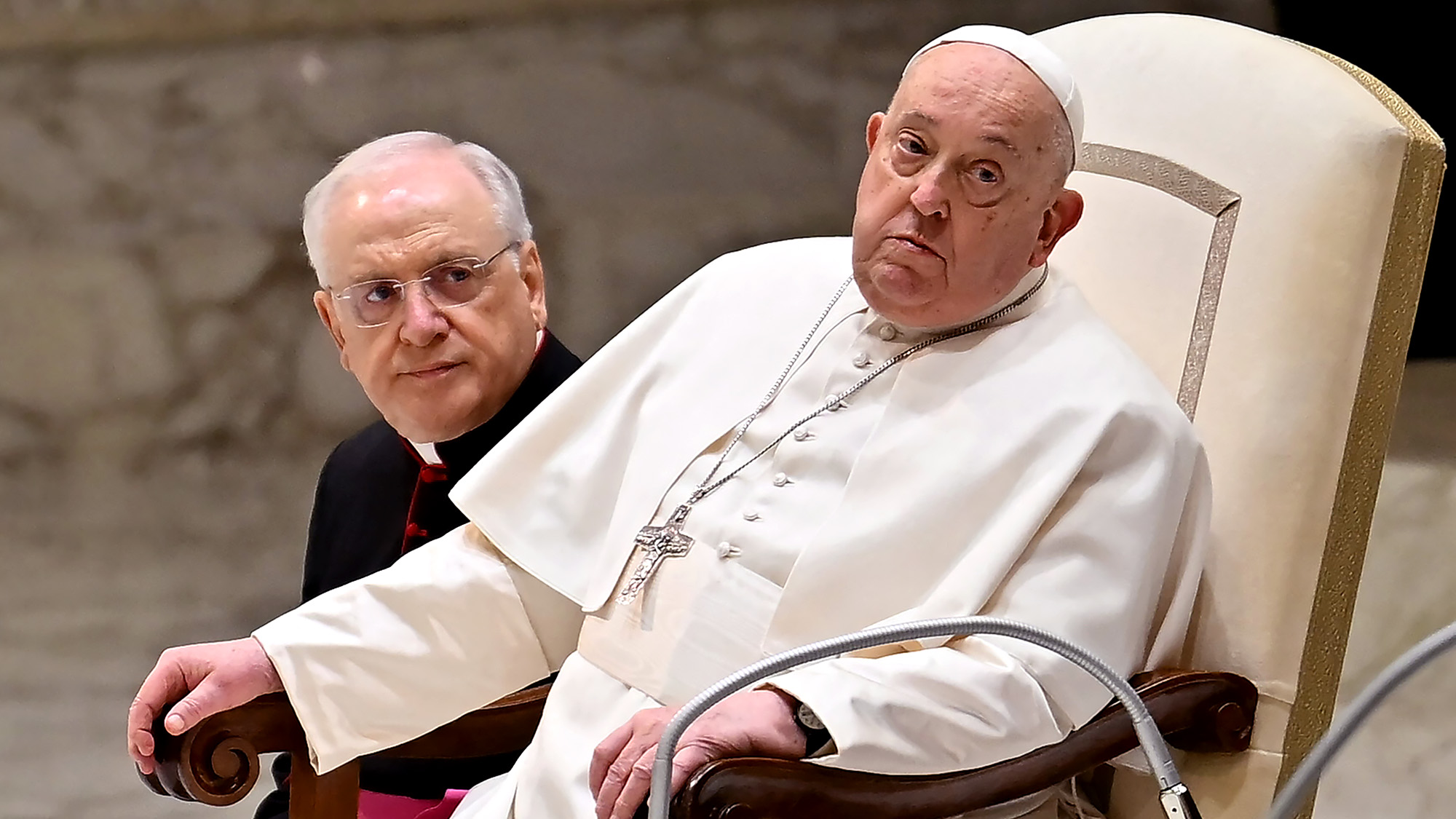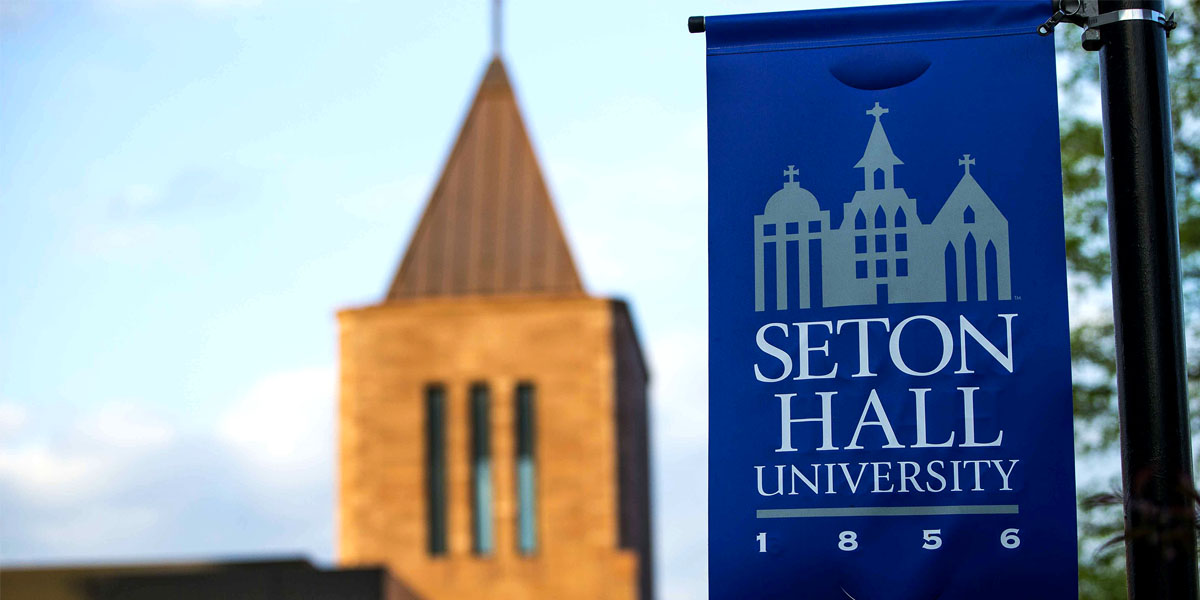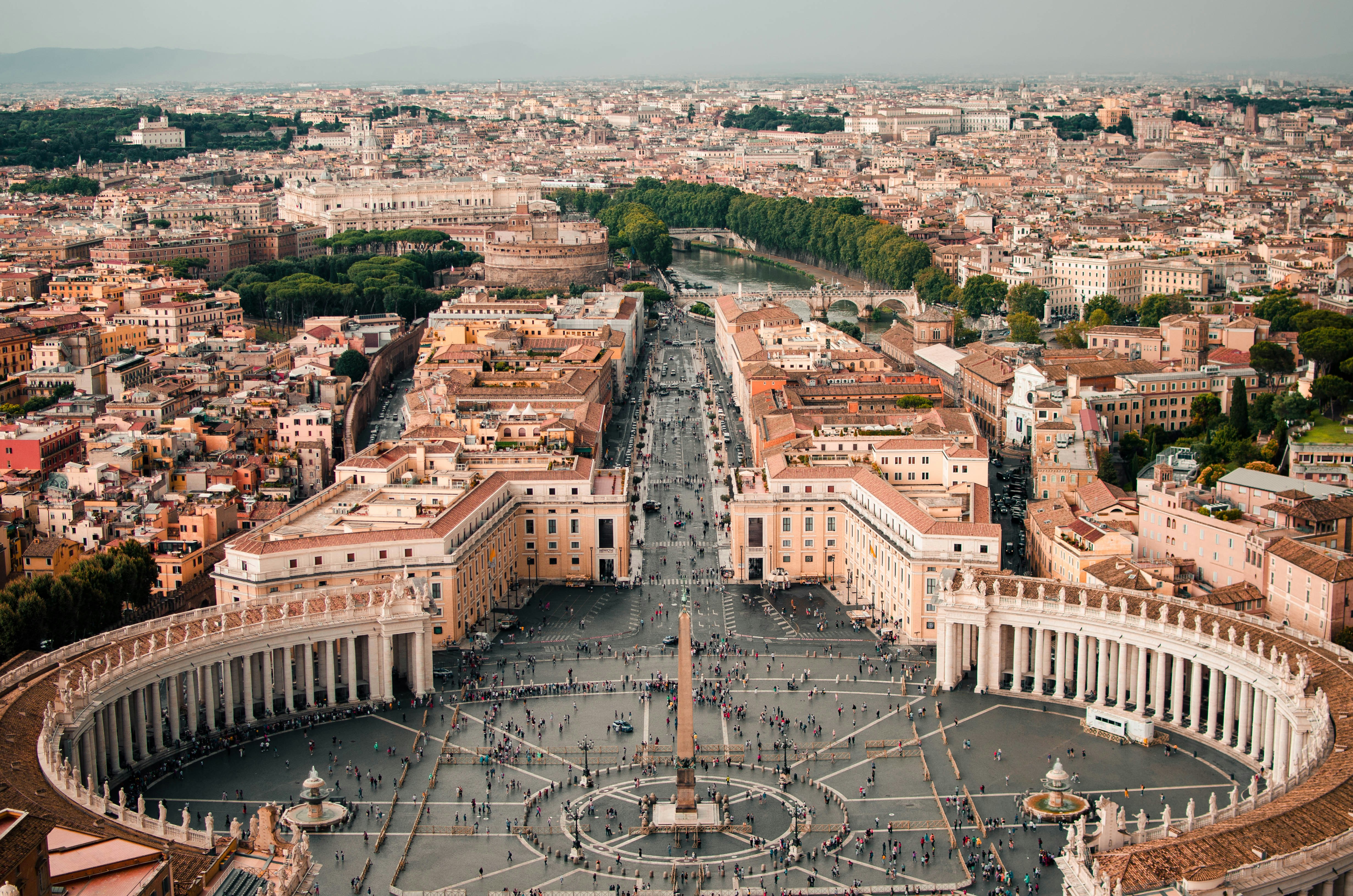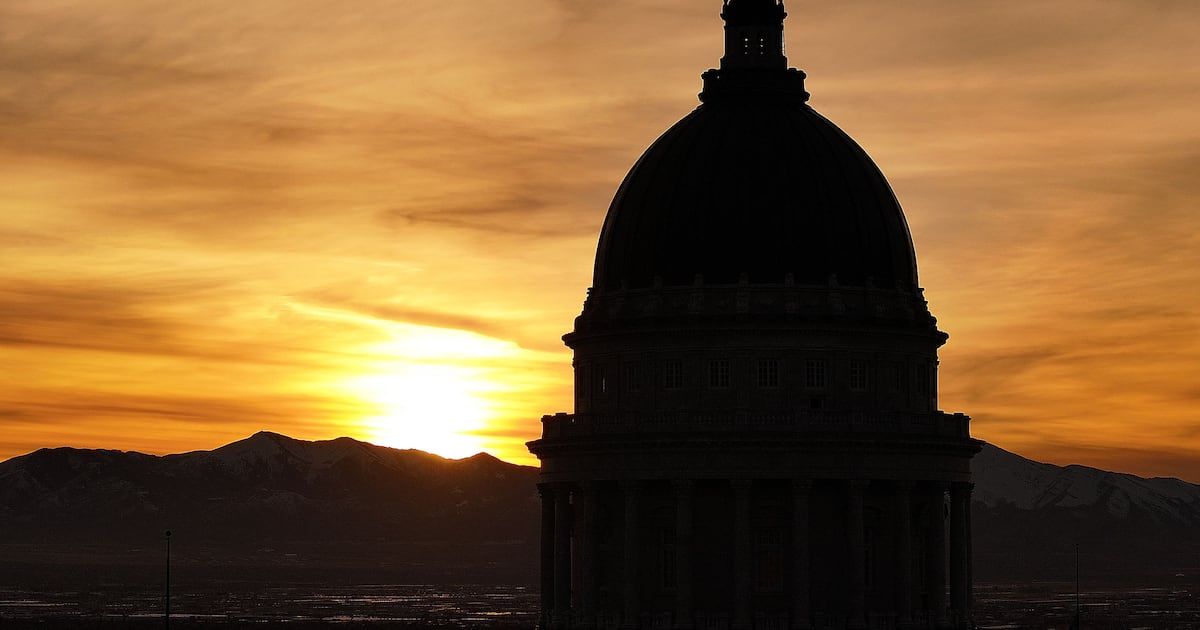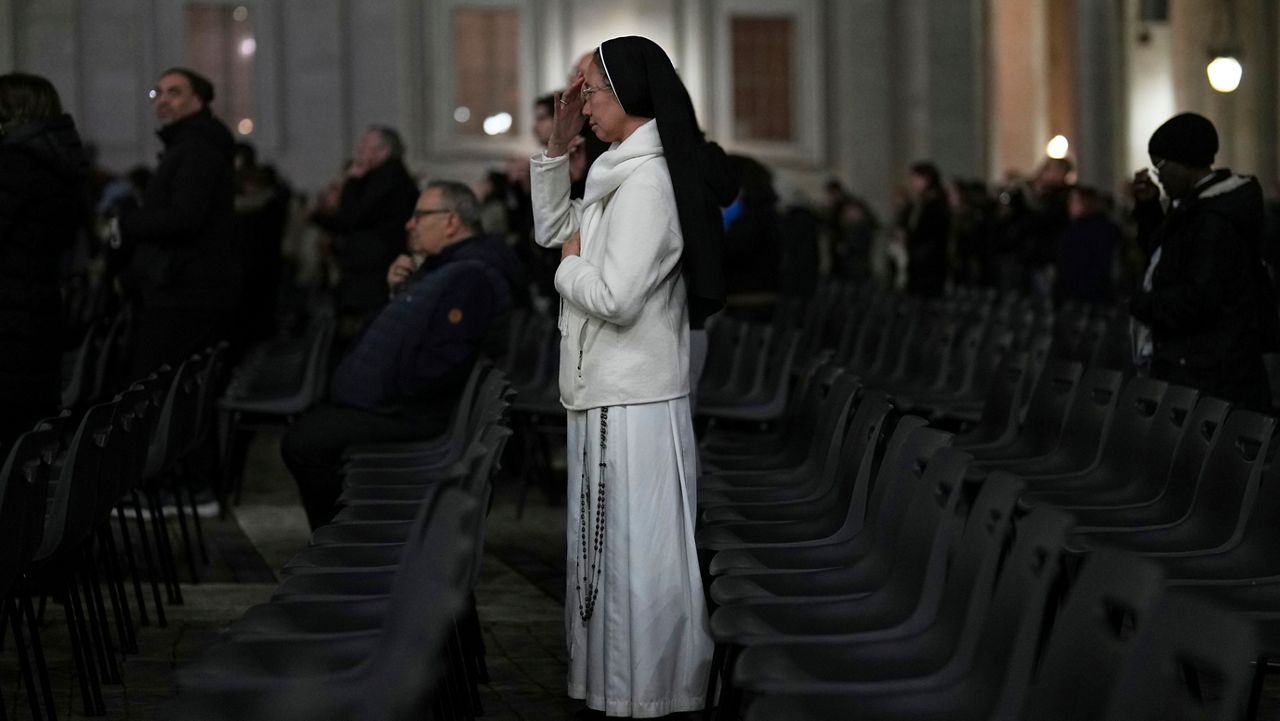Supreme Court Faces Crucial Test: Should Public Funds Cross the Church-State Line?
Religion
2025-05-05 08:00:00Content
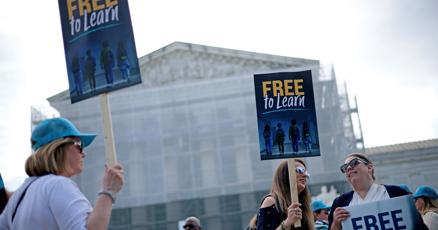
In a pivotal hearing that could reshape educational funding policies, the Supreme Court confronted a controversial question: Should religious schools with explicit sectarian agendas be eligible for public charter school funding?
The case, which unfolded on Wednesday, challenges the fundamental principles of church-state separation and educational equity. At its core, the debate centers on whether institutions with overtly religious missions can receive taxpayer-funded support through the charter school system.
The justices grappled with the complex legal and ethical implications, weighing the delicate balance between religious freedom and the constitutional mandate for maintaining a clear separation between public funding and religious institutions.
Charter schools, designed to provide alternative educational opportunities, are meant to serve the broader public interest. Allowing schools with narrow, sectarian agendas to access public funds could potentially undermine the inclusive and secular nature of public education.
The outcome of this Supreme Court deliberation could have far-reaching consequences for educational policy, potentially setting a precedent that defines the boundaries of religious institutions' access to public resources.
Religious Education and Public Funding: A Supreme Court Crossroads
In the intricate landscape of educational policy and constitutional interpretation, the United States Supreme Court finds itself confronting a profound legal and ethical dilemma that strikes at the heart of church-state separation and educational equity.Navigating the Delicate Balance Between Religious Freedom and Public Education
The Constitutional Complexity of Charter School Funding
The Supreme Court's recent deliberations have thrust into the national spotlight a nuanced legal question that challenges fundamental principles of educational funding and religious neutrality. At the core of this complex debate lies a critical examination of whether educational institutions with explicit sectarian orientations should receive public financial support through charter school mechanisms. Charter schools, originally conceived as innovative alternatives to traditional public education, were designed to provide diverse educational approaches while maintaining a commitment to secular, publicly accountable learning environments. However, the current legal challenge exposes potential systemic vulnerabilities in how these institutions are evaluated and funded.Sectarian Institutions and Public Resource Allocation
The Supreme Court's deliberations reveal a multifaceted challenge that extends far beyond simple administrative categorization. By considering the eligibility of religiously affiliated institutions for public funding, the justices are essentially wrestling with profound constitutional principles embedded in the First Amendment's Establishment Clause. Legal experts argue that permitting sectarian educational institutions to access public funds could potentially undermine the constitutional mandate of maintaining a clear separation between church and state. The potential implications are far-reaching, potentially creating precedents that could fundamentally reshape educational funding landscapes across the United States.Judicial Perspectives and Constitutional Interpretation
The Supreme Court's examination involves meticulously analyzing the nuanced boundaries between religious freedom, educational innovation, and governmental responsibility. Each justice brings a unique interpretative lens to this complex legal terrain, considering historical precedents, contemporary educational needs, and the fundamental principles of constitutional governance. Arguments presented before the court suggest that while religious institutions have the right to exist and provide education, public funding should remain strictly neutral and non-discriminatory. The core question becomes whether a charter school with explicit sectarian characteristics can genuinely maintain the academic objectivity and inclusive environment expected of publicly funded educational institutions.Broader Implications for Educational Policy
Beyond the immediate legal dispute, this Supreme Court deliberation carries significant implications for educational policy nationwide. The potential ruling could establish critical guidelines for how charter schools are conceptualized, implemented, and financially supported. Educational policy experts warn that allowing sectarian institutions unrestricted access to public funds could create dangerous precedents that might compromise the fundamental principles of secular, equitable education. The decision will likely have cascading effects on how educational institutions balance religious identity with public accountability.Public Perception and Societal Impact
Public discourse surrounding this Supreme Court case reflects broader societal tensions regarding the role of religion in public institutions. Citizens and advocacy groups are closely monitoring the proceedings, recognizing that the outcome could significantly influence educational access, funding mechanisms, and constitutional interpretations. The case represents more than a mere legal technicality; it embodies a profound national conversation about balancing religious freedoms, educational innovation, and the constitutional commitment to maintaining a clear separation between religious institutions and governmental resources.RELATED NEWS
Religion
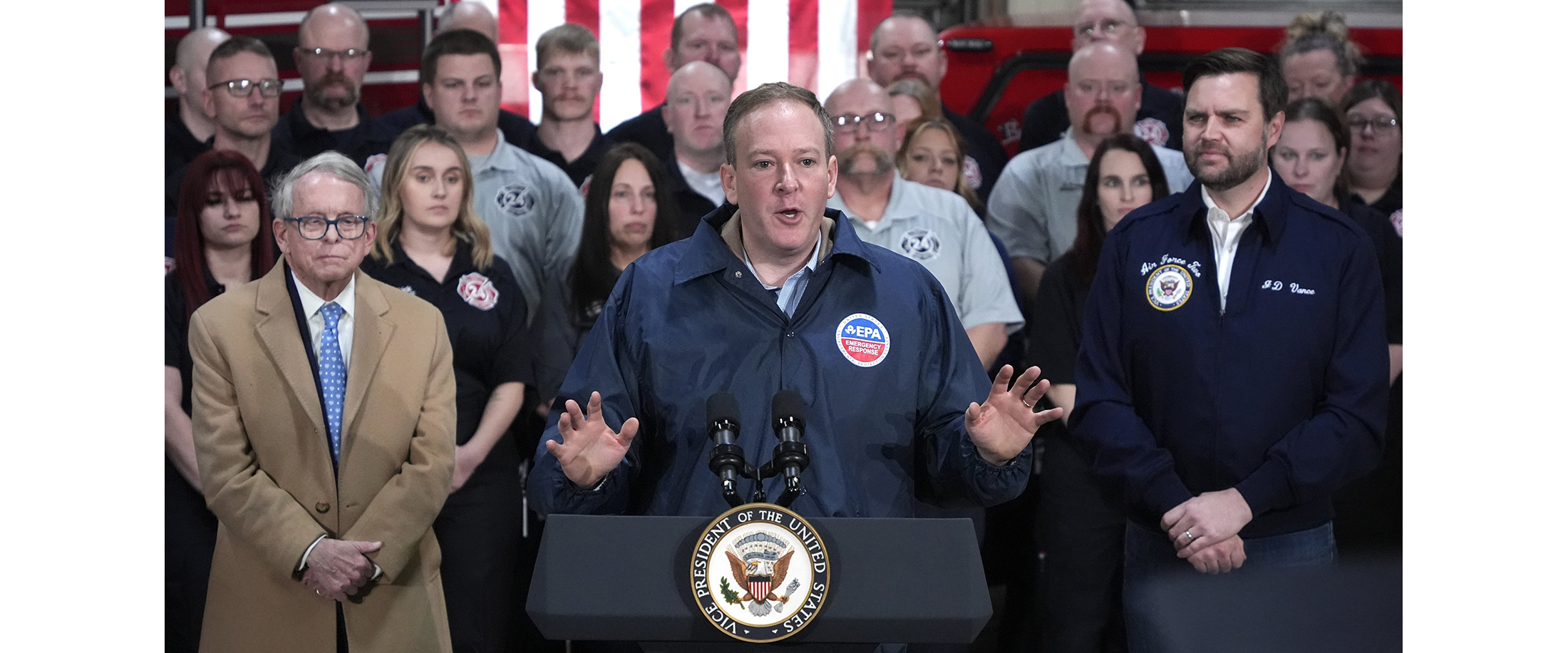
Green vs. Gospel: How Trump's EPA Weaponized Faith Against Environmental Action
2025-04-22 14:36:11
Religion
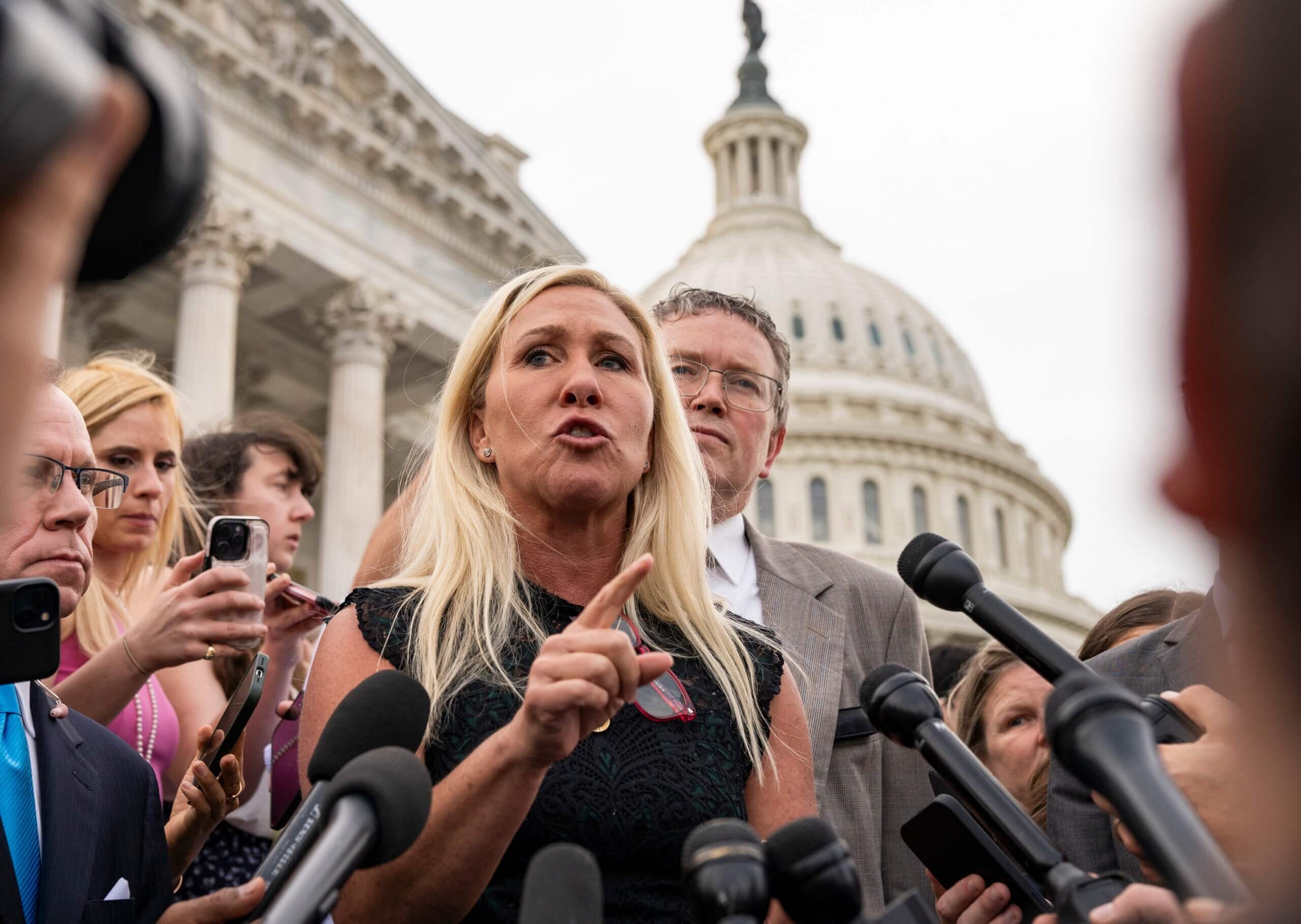
Faith, Free Speech, and Controversy: Inside the Antisemitism Awareness Act's Religious Liberty Compromise
2025-04-29 20:55:11
Religion
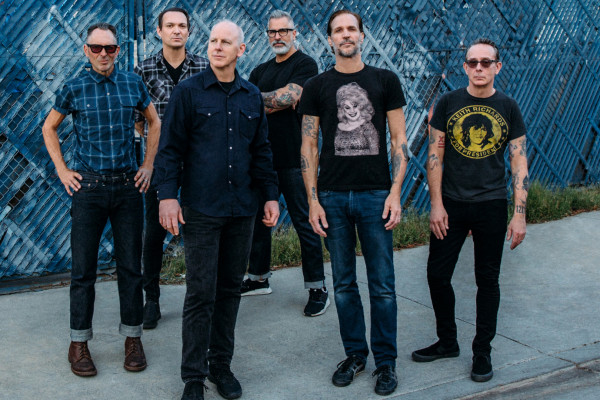
Punk Rock Lens: Bad Religion's Brian Baker Unveils Intimate Tour Photography Collection
2025-03-21 18:00:01
